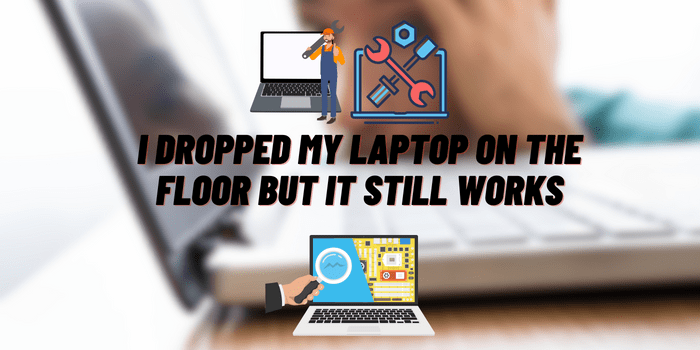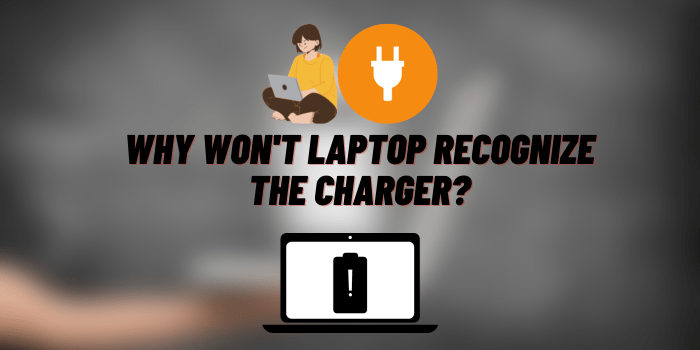5 Best Tips for Repairing a Computer
Welcome to our blog post where we will be sharing the 5 best tips for repairing a computer! We understand how frustrating it can be when your trusty machine isn’t functioning properly. But fear not, because with these expert tips, you’ll be well-equipped to tackle any computer woes that come your way. Whether you’re dealing with pesky viruses or slow performance, we’ve got you covered. So grab your toolkit and let’s dive right into the world of computer repair Perth!
Scan for and Remove Viruses and Malware
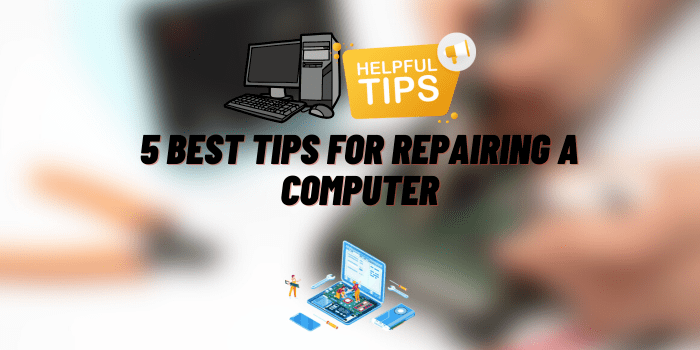
One of the first steps you should take when repairing a computer is to scan for and remove any viruses or malware that may be lurking in your system. These malicious programs can wreak havoc on your machine, causing it to slow down, crash, or even compromise your personal information.
To begin the scanning process, make sure you have reliable antivirus software installed on your computer. Run a full system scan and allow the program to identify and quarantine any potential threats it finds. It’s important to keep your antivirus software up to date so that it can effectively detect the latest threats.
In addition to using antivirus software, consider utilizing anti-malware tools as well. Malware refers to various forms of malicious software such as spyware, adware, and ransomware. These sneaky intruders can often go undetected by traditional antivirus programs.
When you’ve finished scanning your computer and removing any infected files or applications, don’t forget about prevention! Always keep your operating system updated with the latest security patches. Be careful when downloading files or clicking on suspicious links online.
By regularly scanning for viruses and malware, you’ll not only protect your computer from potential harm but also ensure its optimal performance. Stay proactive in safeguarding against these digital nuisances and enjoy a smooth computing experience!
Clean Up Your Hard Drive
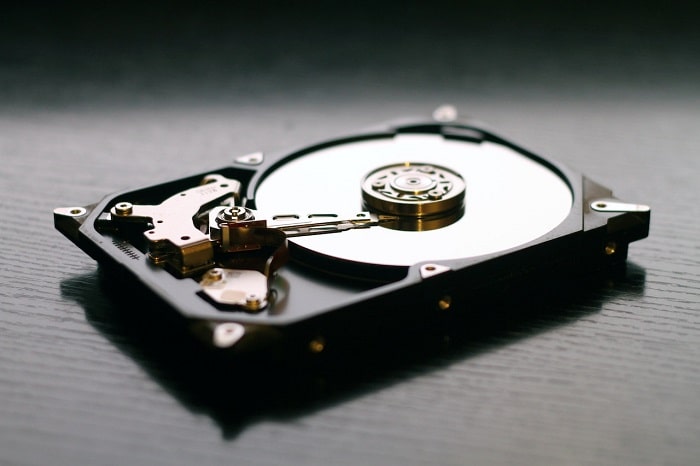
Is your computer running slow? One of the main culprits could be a cluttered hard drive. Over time, files and programs can accumulate on your computer, taking up valuable space and slowing down performance. But fear not – there are steps you can take to clean up your hard drive and get it back in tip-top shape!
Start by deleting unnecessary files. This includes old documents, downloads, and temporary internet files that you no longer need. These files can clog up your system and make it run sluggishly.
Next, consider uninstalling unused programs. Many times we download applications that we only use once or never at all. Removing these unused programs frees up space on your hard drive.
Another helpful step is organizing your files into folders. Creating specific folders for different types of documents makes it easier to locate them later on and also helps keep things tidy.
Don’t forget about emptying the recycle bin! When you delete something from your computer, it often goes into the recycle bin until you choose to permanently delete it. Emptying this bin regularly will help free up extra storage space.
Taking these steps to clean up your hard drive will not only improve its performance but also increase its lifespan. So roll up those sleeves and give your computer a much-needed spring cleaning!
Defragment Your Hard Drive
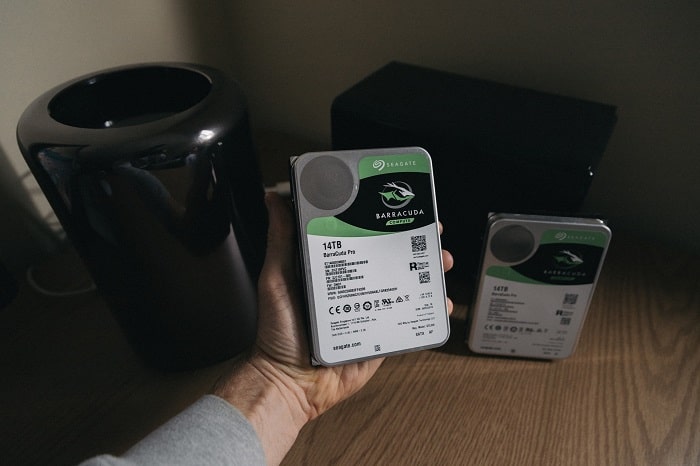
Defragmenting your hard drive is an essential step in optimizing the performance of your computer. Over time, as you save and delete files, data on your hard drive becomes fragmented, meaning it’s scattered across different sectors. This can slow down your computer and make it take longer to access files.
To defragment your hard drive, simply go to the “Disk Defragmenter” tool in Windows or use a third-party defragmentation software. Once you start the process, the tool will rearrange the fragmented data so that it is stored contiguously on your hard drive.
By doing this, you’ll notice improved speed and responsiveness from your computer. Files will load faster and programs won’t lag as much. Plus, defragmenting can also help extend the lifespan of your hard drive by reducing unnecessary wear and tear.
It’s recommended to defrag your hard drive regularly for optimal performance – at least once every few months or when you notice a significant decrease in speed. Keep in mind that larger drives with more data may take longer to complete the defragmentation process.
Update Your Drivers

Updating your drivers is an essential step in repairing your computer and ensuring optimal performance. Drivers are software programs that allow your computer to communicate with hardware devices such as printers, graphics cards, and network adapters. Outdated or corrupt drivers can cause various issues, including crashes, slow performance, and compatibility problems.
To update your drivers, start by identifying the specific hardware components that need updating. You can do this by checking the Device Manager in Windows or using third-party driver update software. Once you’ve identified the outdated drivers, visit the manufacturer’s website to download the latest versions.
If you need to update your drivers, simply run the downloaded file and follow the on-screen instructions. Some devices may need to be restarted after installation for changes to take effect.
Regularly updating your drivers not only resolves issues but also improves overall system stability and security. Many manufacturers release driver updates regularly to address bugs and enhance compatibility with new software releases.
By keeping your drivers up-to-date, you ensure that all of your computer’s hardware components are functioning optimally – resulting in better performance and fewer headaches down the road.
Check for Hardware Issues
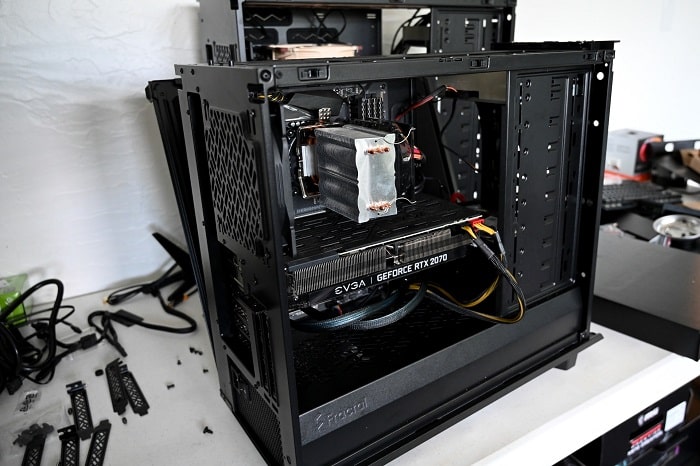
Computers have become a vital part of our daily lives in today’s digital age. It’s essential that you have a computer that is functioning properly, whether you use it for work or for personal purposes. Computers, like any other electronic device, can encounter problems from time to time. In this article, we’ve discussed five tips for repairing a computer and ensuring its optimal performance.
First and foremost, it is important to scan your computer for viruses and malware regularly. These malicious software programs can cause serious damage to your system and compromise your privacy. By using reliable antivirus software and keeping it up-to-date, you can detect and remove any potential threats before they wreak havoc on your computer.
Another tip for repairing a computer is cleaning up your hard drive. Over time, unnecessary files accumulate on the hard drive which can slow down your system’s performance. Deleting unwanted files and organizing folders will free up valuable space on the hard drive and improve overall efficiency.
Defragmenting the hard drive is also essential in maintaining a healthy computer. As files are saved or deleted on the hard drive over time, they become fragmented, causing longer load times for applications or documents. Running regular disk defragmentation helps rearrange these fragmented files so that they are stored more efficiently on the hard drive.
Updating drivers is another crucial step in repairing a computer. Drivers act as translators between hardware devices (such as printers or graphics cards) and operating systems (like Windows). Outdated drivers can result in compatibility issues or even crashes. By visiting manufacturer websites or using driver update software tools, you can easily download the latest driver’s specific to your hardware components.


